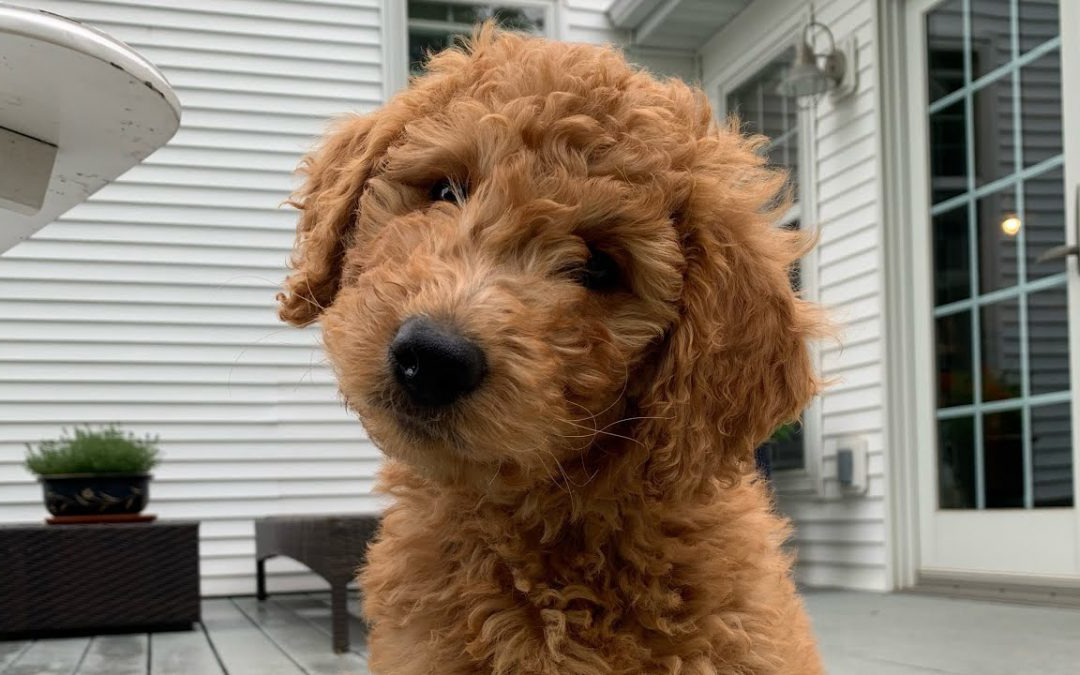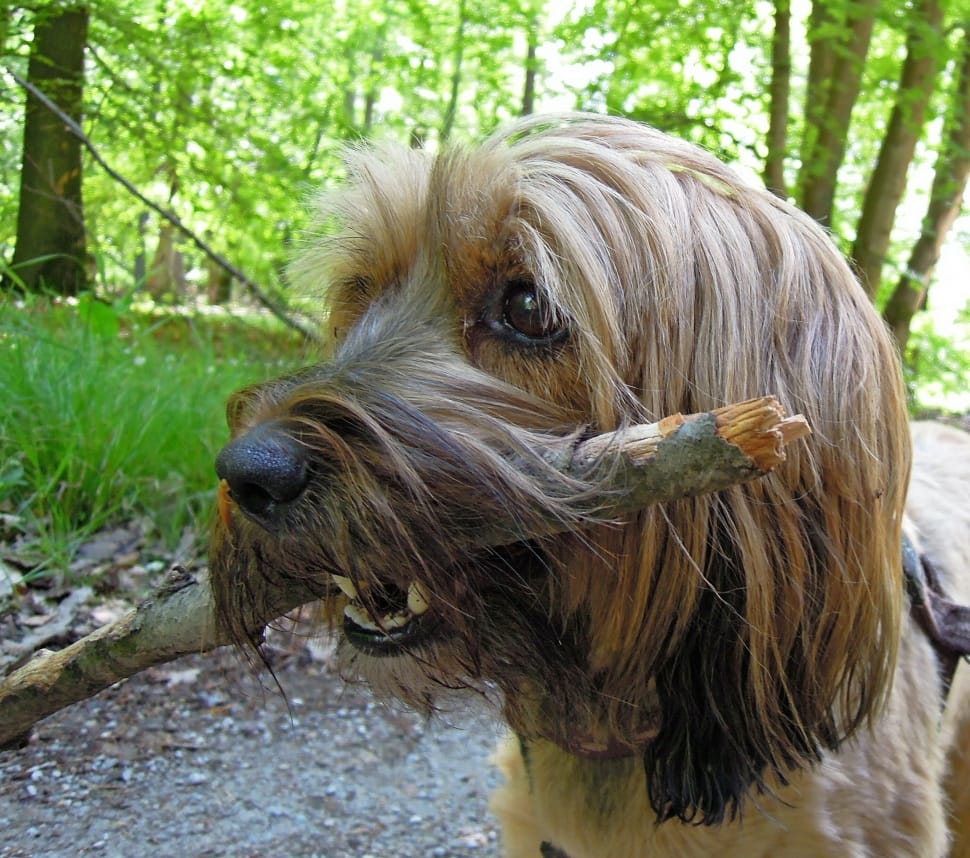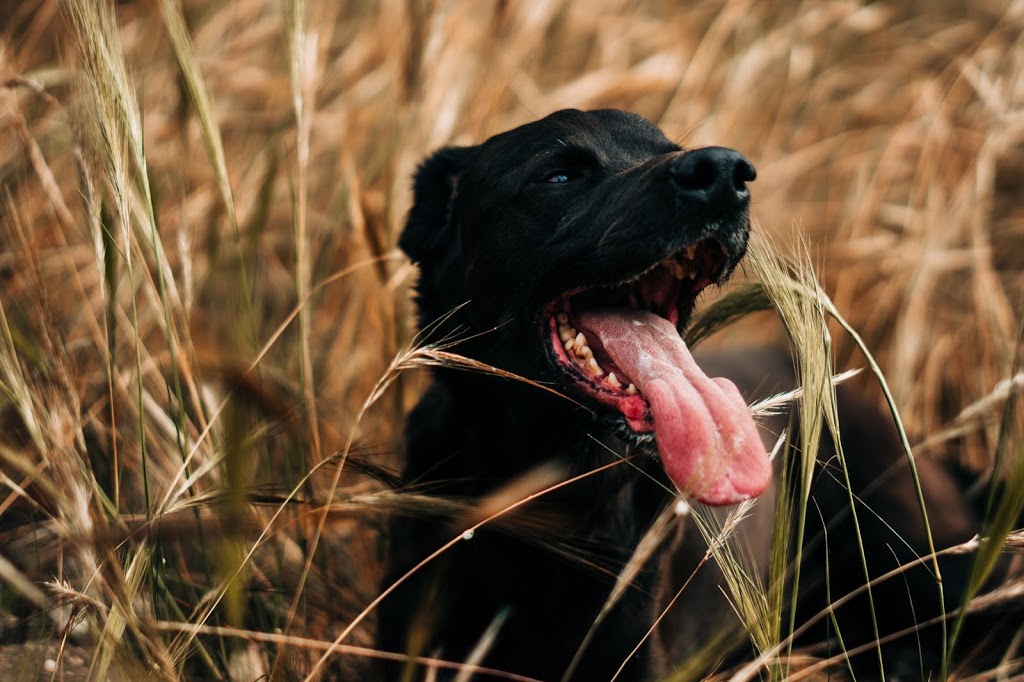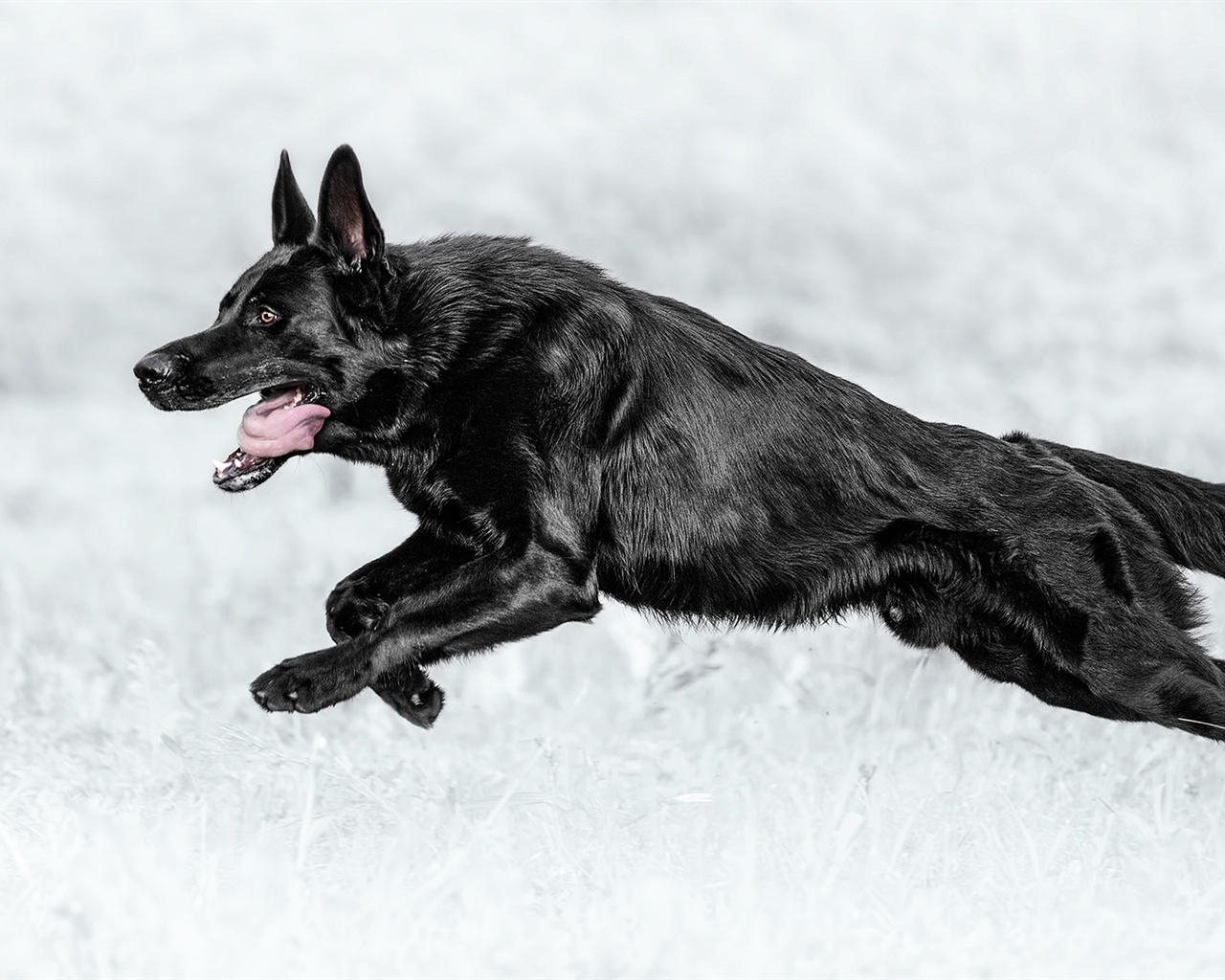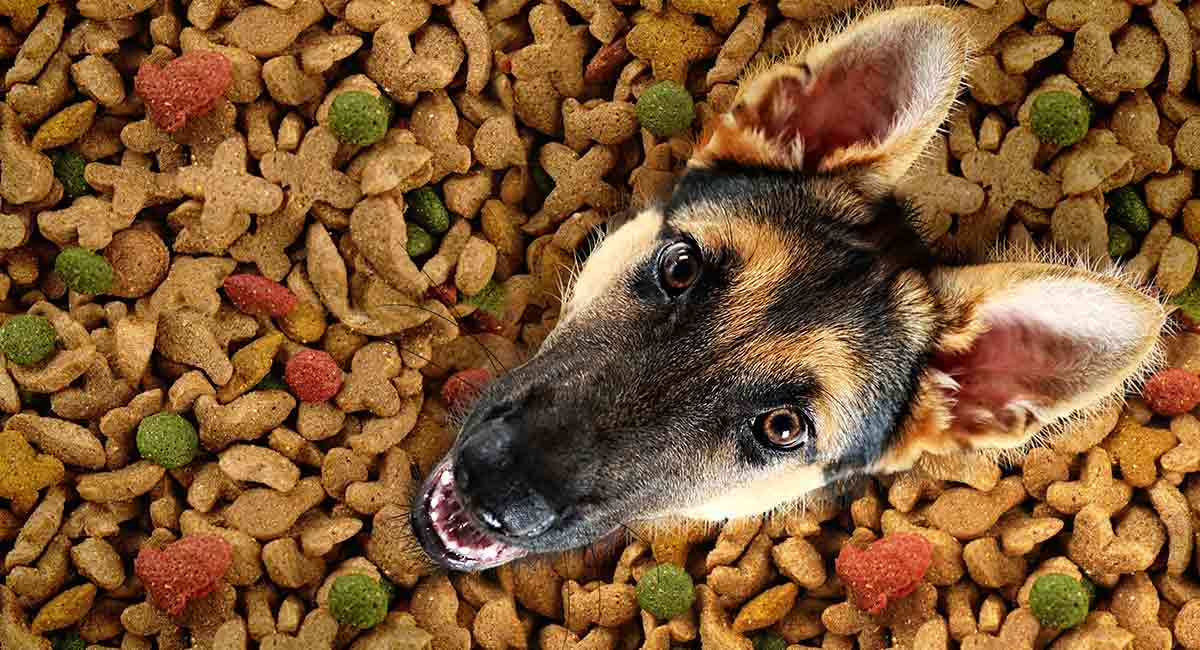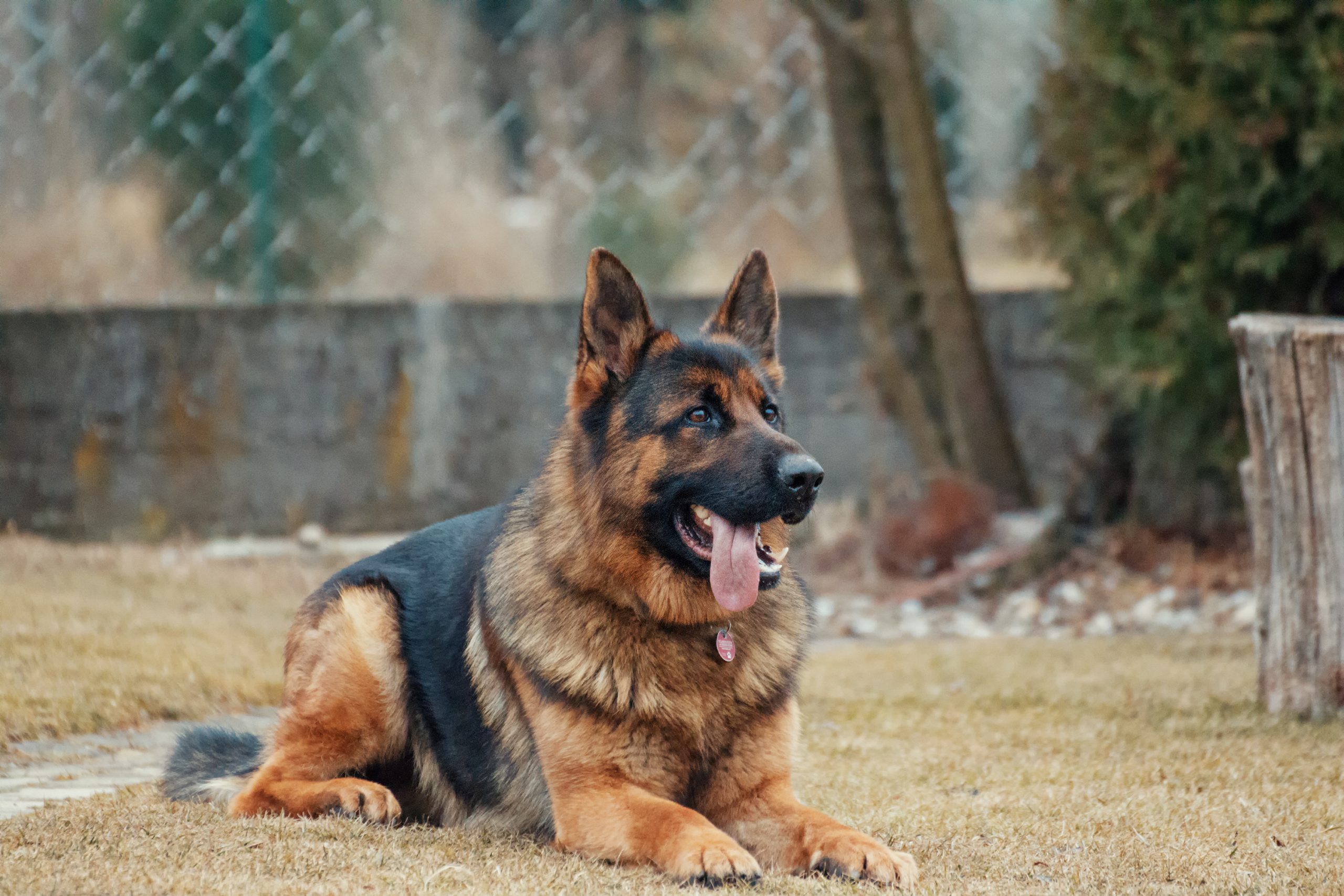Otterhound dog breed are a rare and unique breed of dog known for their distinctive appearance, friendly personality, and strong hunting instincts. These dogs were originally bred for hunting otters in England, but today they are more commonly kept as companion pets. Otterhounds are known for their keen sense of smell, webbed feet, and shaggy coat that helps protect them from the cold water. They are an affectionate and loyal breed that loves to be around their families, but also require plenty of exercise and socialization to stay healthy and happy. If you are looking for a unique and lovable companion, the Otterhound may be the perfect breed for you, here is everything you need to know.
History of Otterhound Dog breed
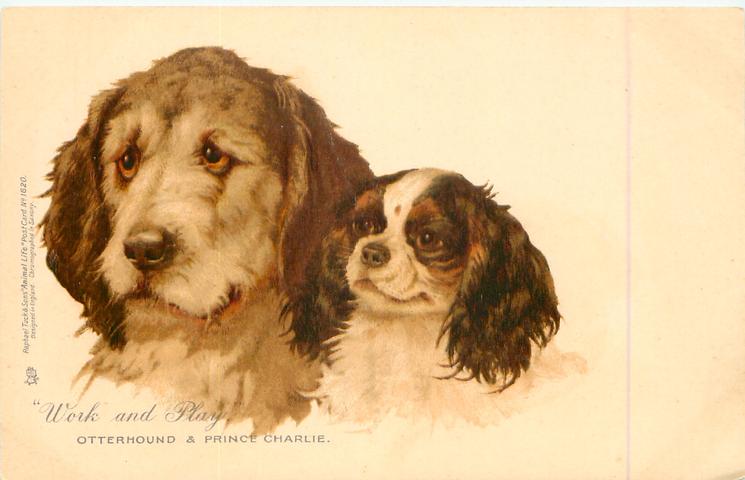
Early History:
The Otterhound breed was first developed in the Middle Ages when otter hunting became popular in England. These dogs were used to hunt otters, which were considered a nuisance to fisherman as they would eat fish from their nets. The Otterhound’s distinctive appearance, which includes a shaggy coat and webbed feet, was specifically bred to make them adept at swimming and hunting in the water.
As otter hunting grew in popularity in England, so did the demand for Otterhounds. During the 19th century, Otterhounds were in such high demand that breeders began crossbreeding them with other hound breeds to increase their numbers. However, this practice led to a dilution of the breed’s unique characteristics, and by the early 20th century, the Otterhound was on the brink of extinction.
Revival:
In the 1920s, a group of dedicated breeders began a concerted effort to revive the Otterhound breed. They searched the countryside for any remaining purebred Otterhounds, and began a breeding program to restore the breed to its former glory. By the 1950s, their efforts had paid off, and the Otterhound breed had been successfully revived.
However, despite the revival of the breed, Otterhounds remain a rare and endangered breed. According to the American Kennel Club, there are only about 600 Otterhounds in the world today, with the vast majority living in the United Kingdom.
Modern Day:
Today, Otterhounds are primarily kept as companion dogs rather than hunting dogs, though they retain their exceptional sense of smell and love of the outdoors. They are known for their friendly and sociable personalities, and are highly adaptable to a variety of living situations.
Due to their rarity, Otterhound dogs are highly sought after by breed enthusiasts. However, potential owners should be aware that Otterhounds require a significant amount of exercise and training to keep them happy and healthy. They are also prone to certain health issues, such as hip dysplasia and bloat, which should be monitored closely by a veterinarian.
Appearance of Otterhound Dogs
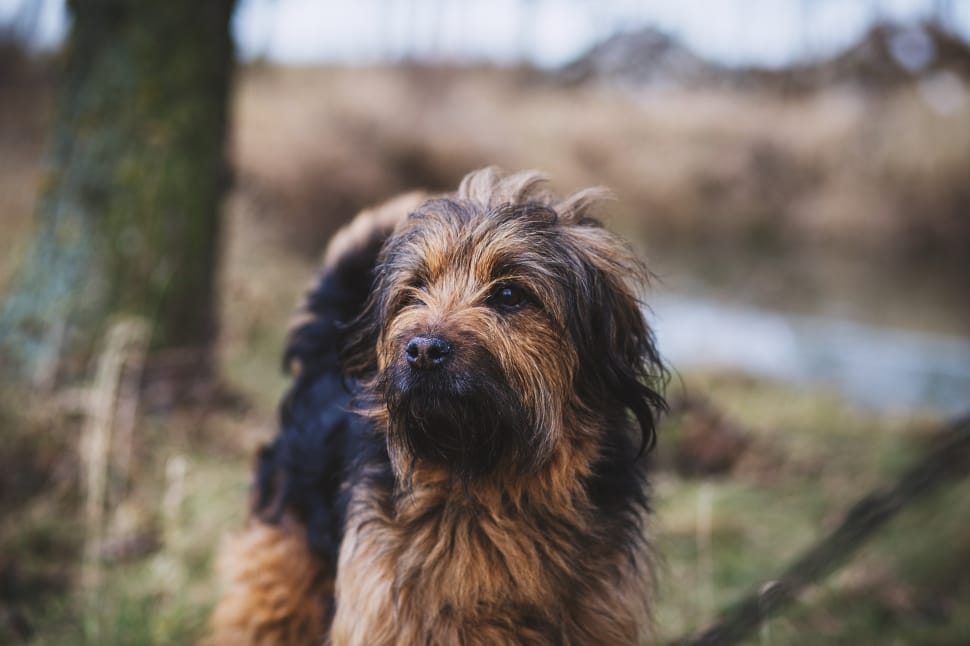
The Otterhound is a large, distinctive breed of dog that is known for its shaggy coat, webbed feet, and unique appearance. These dogs were originally bred for otter hunting, which required a specific set of physical characteristics to be successful in the water.
Size and Proportions:
Otterhounds are a large breed, typically weighing between 80-115 pounds (around 37-52 kg) and standing between 24-26 inches (61-66 cm) tall at the shoulder. They have a sturdy, muscular build and a long, powerful tail that helps them navigate the water.
Head and Face:
Otterhound Dog Breed has a large, broad head with long, droopy ears that hang close to the face. They have a distinctive beard and mustache, which gives them a dignified and regal appearance. Their eyes are usually brown or hazel and have a gentle, expressive look that conveys their friendly and sociable nature.
Coat and Color:
The Otterhound’s coat is one of its most distinctive features. They have a shaggy, rough coat that provides excellent protection from the cold water. The coat comes in a variety of colors, including black, tan, and gray, often with white markings on the chest and feet. Otterhounds require regular grooming to maintain their coat, as it can become matted and tangled if left unkempt.
Feet and Tail:
One of the most unique aspects of the Otterhound is their webbed feet, which help them swim more efficiently. They also have large, powerful paws that enable them to grip slippery rocks and navigate rough terrain. The Otterhound’s long, thick tail is used as a rudder when swimming and helps them maintain balance on land.
Overall Appearance:
The Otterhound’s unique appearance gives them a regal and dignified look, with a gentle expression that conveys their friendly nature. They are often described as having a “teddy bear” appearance due to their shaggy coat and expressive eyes. While they may look imposing, Otterhounds are friendly and sociable dogs that make wonderful companions for families who enjoy spending time outdoors.
Personality of Otterhound dogs
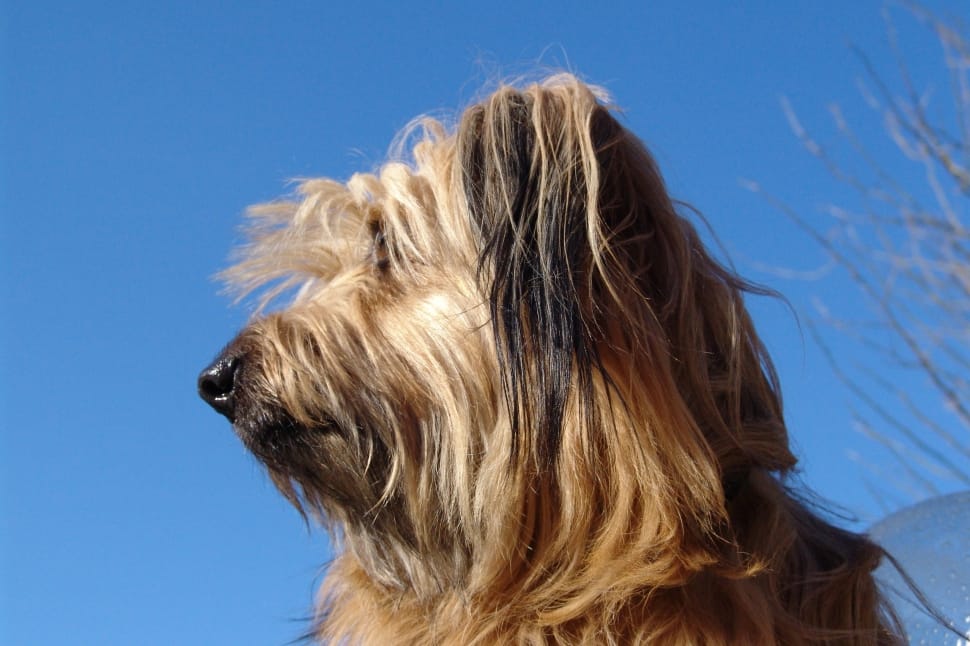
Otterhound puppies are known for their friendly, sociable personalities and love for the outdoors. They are a rare and unique breed that was originally bred for otter hunting, but has since become a beloved companion for families around the world. In this article, we will explore the personality traits of Otterhound dogs.
Friendly and Sociable:
One of the most notable personality traits of Otterhound puppies is their friendliness and sociability. They are known for their gentle nature and love of people, making them excellent family pets. Otterhounds are generally good with children and other pets, and enjoy spending time with their human family members.
Energetic and Playful:
Otterhound dogs are highly energetic and playful, and require plenty of exercise and stimulation to stay happy and healthy. They enjoy playing games and participating in outdoor activities such as hiking, swimming, and running. Otterhounds have a strong hunting instinct, so they may enjoy playing games that involve tracking scents or searching for hidden objects.
Intelligent and Trainable:
Despite their independent nature, Otterhounds are highly intelligent and trainable. They are eager to please their owners and respond well to positive reinforcement training methods. However, because they can be stubborn at times, it is important to be patient and consistent when training an Otterhound puppy.
Loyal and Protective:
While Otterhounds are generally friendly and sociable, they are also fiercely loyal to their family members and can be protective when necessary. They have a deep bark that they may use to alert their family to potential dangers or intruders.
Overall, Otterhound puppies are friendly, energetic, and intelligent dogs that make excellent companions for families who enjoy spending time outdoors. Their unique personalities and love for adventure make them a beloved breed among those who appreciate their independent nature and hunting heritage.
Caring for Otterhound Dogs
Otterhound puppies are a unique and rare breed of dog that require specialized care to keep them happy and healthy. In this article, we will explore some tips and advice for caring for Otterhound puppies.
Exercise:
Otterhound puppies are highly energetic and require plenty of exercise to stay healthy and happy. They enjoy outdoor activities such as hiking, swimming, and running, and need plenty of room to play and explore. It is important to provide your Otterhound puppy with at least an hour of exercise each day, but be sure to gradually increase the amount of exercise as they grow to prevent injury.
Grooming:
Otterhound puppies have a shaggy coat that requires regular grooming to prevent matting and tangling. It is recommended to brush your Otterhound dog at least once a week to remove any loose fur or debris, and to trim their hair as necessary. It is also important to keep their ears clean and dry to prevent infection.
Feeding:
Otterhound puppies require a high-quality diet that is rich in protein and nutrients to support their growth and development. It is recommended to feed your Otterhound puppy a diet that is specifically formulated for large breed puppies, and to avoid overfeeding them to prevent obesity. It is also important to provide your Otterhound puppy with plenty of fresh water throughout the day to keep them hydrated.
Training and Socialization:
Otterhound dogs are highly intelligent and trainable, but they can also be stubborn at times. It is important to use positive reinforcement training methods and to be patient and consistent when training your Otterhound dog. It is also important to socialize your Otterhound puppy from a young age to help them develop good behavior and social skills.
Health:
Otterhound puppies are generally healthy, but they can be prone to certain health conditions such as hip dysplasia and bloat. It is important to schedule regular check-ups with your veterinarian to monitor your Otterhound puppy’s health, and to address any health concerns as soon as possible.
Best diet for Otterhound puppies
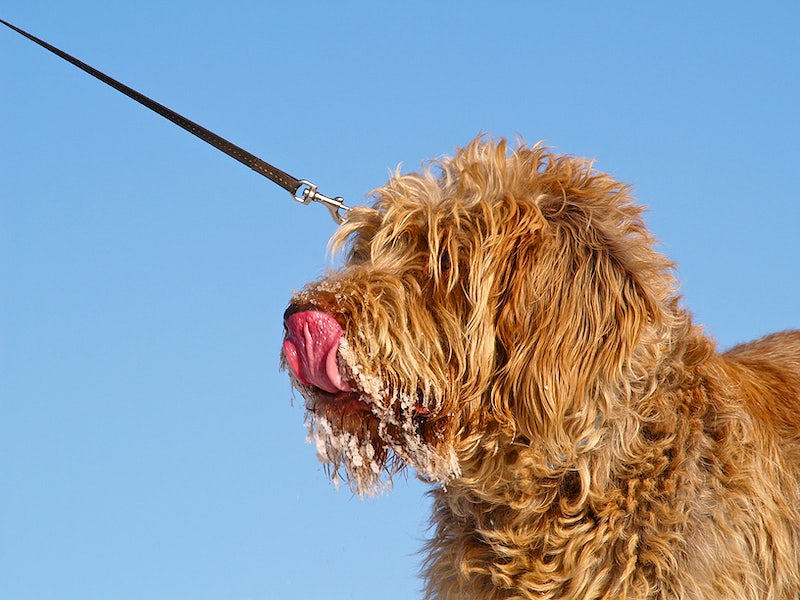
Feeding Otterhound puppies a balanced and nutritious diet is important for their growth and development. It is essential to provide them with a diet that meets their nutritional needs, which will vary depending on their age, weight, and activity level. In this article, we will explore some tips for choosing the best diet for Otterhound puppies.
Protein:
Protein is essential for the growth and development of Otterhound puppies. Look for a high-quality puppy food that contains at least 25% protein, with a good balance of animal and plant-based sources. Chicken, beef, and fish are all excellent sources of protein for Otterhound puppies.
Fat:
Fat is an important source of energy for Otterhound puppies, and is also necessary for the development of healthy skin and coat. Look for a puppy food that contains at least 12% fat, with a good balance of omega-3 and omega-6 fatty acids. These can be found in sources such as fish oil, flaxseed, and chicken fat.
Carbohydrates:
Carbohydrates provide Otterhound puppies with a source of energy, and can also help to regulate their blood sugar levels. Look for a puppy food that contains complex carbohydrates such as brown rice, sweet potatoes, and barley, and avoid foods that contain large amounts of simple carbohydrates such as corn and wheat.
Vitamins and Minerals:
Vitamins and minerals are essential for the growth and development of Otterhound puppies, and help to support their immune system and overall health. Look for a puppy food that contains a variety of vitamins and minerals, including calcium, phosphorus, and vitamin D, which are important for bone health.
Feeding Schedule:
It is important to establish a regular feeding schedule for your Otterhound puppy, with 3-4 small meals per day until they reach six months of age, and then reducing to 2-3 meals per day as they get older. Avoid overfeeding your Otterhound puppy, as they can be prone to obesity, which can lead to health problems later in life.
How to Get Otterhound Puppies?
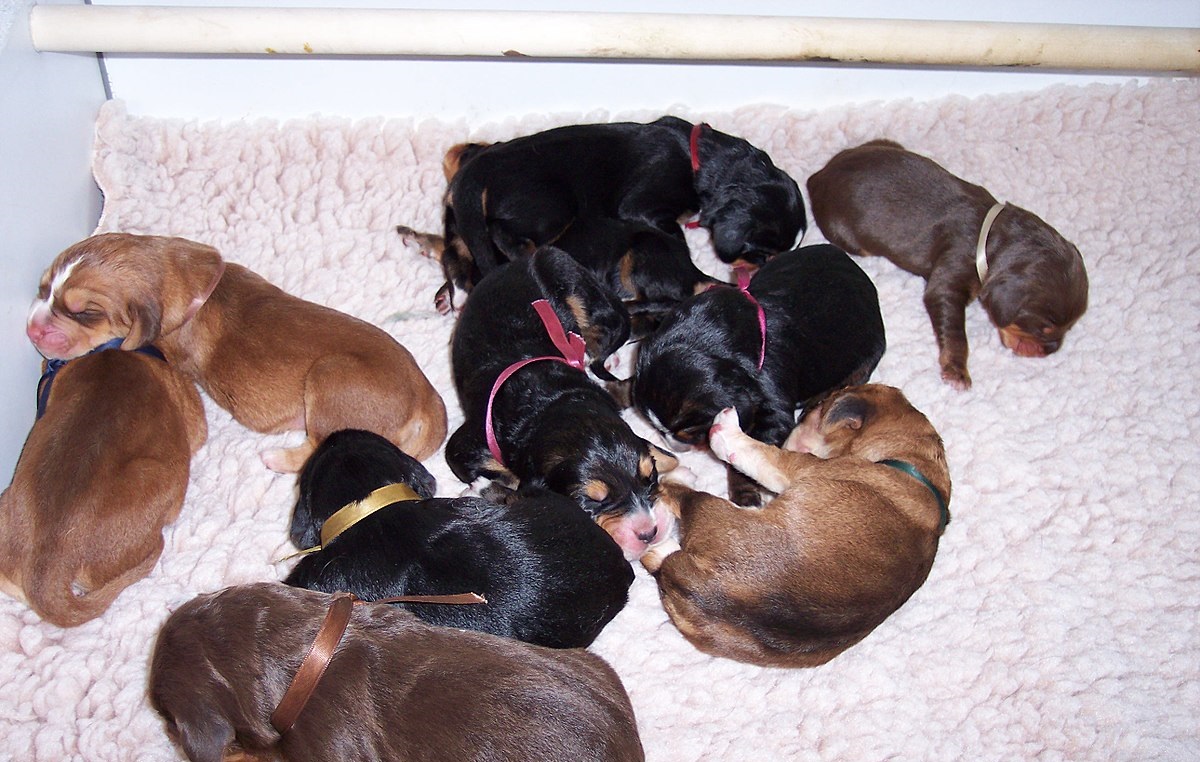
Otterhound Dog Breed can be difficult to find, as they are a rare breed. One option is to search for breeders who specialize in Otterhounds. You can check with national and local breed clubs, such as the Otterhound Club of America or the Otterhound Club UK, for a list of reputable breeders. It’s important to research the breeder’s reputation and ask for health certificates for the puppy’s parents. Another option is to check with rescue organizations or shelters that may have Otterhound puppies or adults available for adoption. It’s important to remember that bringing a new puppy into your home is a big responsibility, so make sure you are prepared for the commitment before getting an Otterhound puppy.
Conclusion
In conclusion, Otterhound puppies are a unique and rare breed of dog that require specialized care to keep them healthy and happy. From their appearance to their personality, Otterhound puppies have many distinctive traits that make them stand out from other breeds. When caring for Otterhound puppies, it is important to provide them with plenty of exercise, grooming, and a balanced and nutritious diet. Training and socialization are also important for their mental and emotional well-being. By following these tips and providing your Otterhound puppy with the care and attention they need, you can help them grow into a happy and healthy adult dog.


